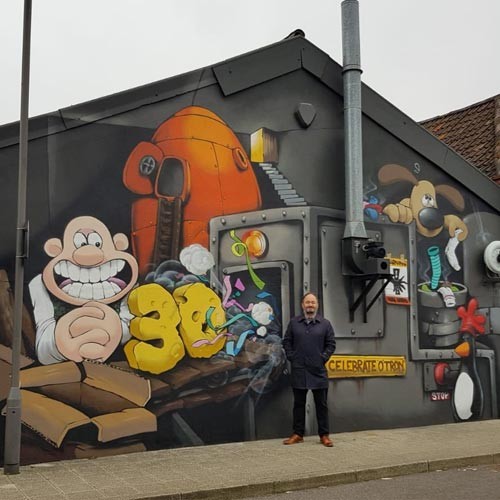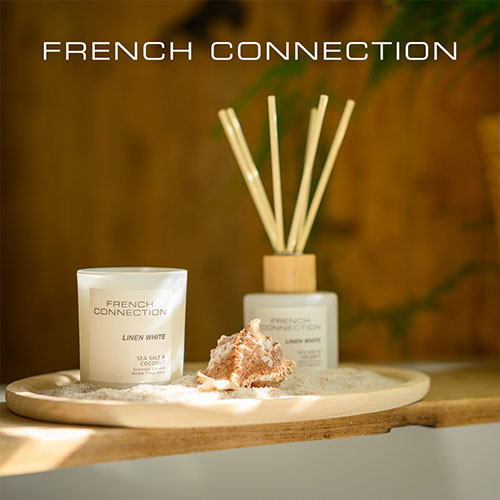‘The absolute heart of these stories is the remarkable and beautiful friendship between Pooh and Piglet’.
“But something in his little heart
Prevented him from running,
And Piglet’s voice rose clear and strong
“Hold on, Pooh Bear… I’m COMING!”
It was these lines that made me think, finally, that I was going to be able give something that I could be proud of to the world’s most famous bear.
A.A. Milne’s books Winnie the Pooh and The House at Pooh Corner comprise the entire cornerstone of this colossal, ursine empire. These books were an instant success when they were first published in 1926 and 1928 respectively. Their blithe, playful language, the acutely drawn characterisation, and their sheer warmth, humanity and emotional richness have, rightly, led to Pooh being voted the UK’s favourite children’s character of all time.
With these beloved stories not far off 100 years old, Egmont, Pooh’s UK publisher, approached me to create a new adventure that looked, felt and sounded like it was written for today’s children.
I was, of course, terrified and elated in equal measure when they asked me if I would do it. I suppose the versifiying of Purple Ronnie, combined with the wistfulness of Edward Monkton, sort of made sense in a left-field kind of way. I’m no stranger to children’s books, either. In fact, it was my book, Giraffes Can’t Dance, which led my now editor to thinking of me for this project in the first place. But, Winnie the Pooh…!
I started by re-reading the original books. My God, they’re good. They’re SO GOOD! I then listened to the dramatised readings with Stephen Fry, Jane Horrocks, Judi Dench et al. I laughed and cried and laughed and cried for hours.
Then, finally, I started to write. Verse just felt the natural way to go. After all, though he professes to be a bear of very little brain, Winnie the Pooh is, in fact, an extremely accomplished poet himself.
For me, the absolute heart of these stories is the remarkable and beautiful friendship between Pooh and Piglet, so I decided to focus just on that. There’s no tale that illustrates this better than the one in which they “nearly catch a Heffalump”. However, as wonderful as this adventure is, I found myself wanting it to end in a different way.
Piglet, in my view, is the most endearing of the characters in The Hundred Acre Wood, because he’s so aware of his own vulnerability; “It is hard to be brave,” said Piglet, sniffing slightly, “when you’re only a Very Small Animal”.
What if Piglet, I thought to myself, instead of running away to Christopher Robin when he thinks that Pooh is being eaten by a heffalump, actually summons up all his courage and faces up to the beast for the sake of his best friend, whatever the personal cost to himself?
Well, I’ll leave you now to find out what happens, but suffice to say that I love Piglet (and Pooh) even more now than I ever did – and that was a very, VERY lot indeed!
Giles Andreae is the author of The Great Huffalump Hunt. He is also the creator of the Purple Ronnie and Edward Monkton series.





























